- 02092915437
- info@apin.org.ng
APIN, Emory University, University of Ibadan and NIMR partner on CHESS Project
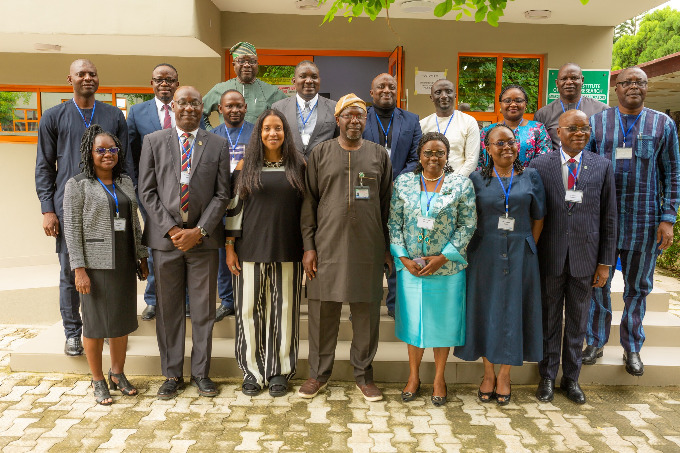
The CHESS (Community Home-Based Education Screening Services) Strategy to Increase Cervical Cancer Control Access among HIV-positive Women in Nigeria is a 5-year National Institutes of Health (NIH) funded grant. The project is a collaborative research project between four institutions in Nigeria and the United States, namely Emory University in the US, APIN Public Health Initiatives, the Nigeria Institute of Medical Research (NIMR), and the University of Ibadan. The project’s principal investigators are Dr. Flowers Lisa (Emory University), Dr. Olabanjo Ogunsola (APIN), Dr. Oliver Ezechi (NIMR), Dr. Tosin Awolude (University of Ibadan), and Dr. Laurie Gaydos (Emory University).
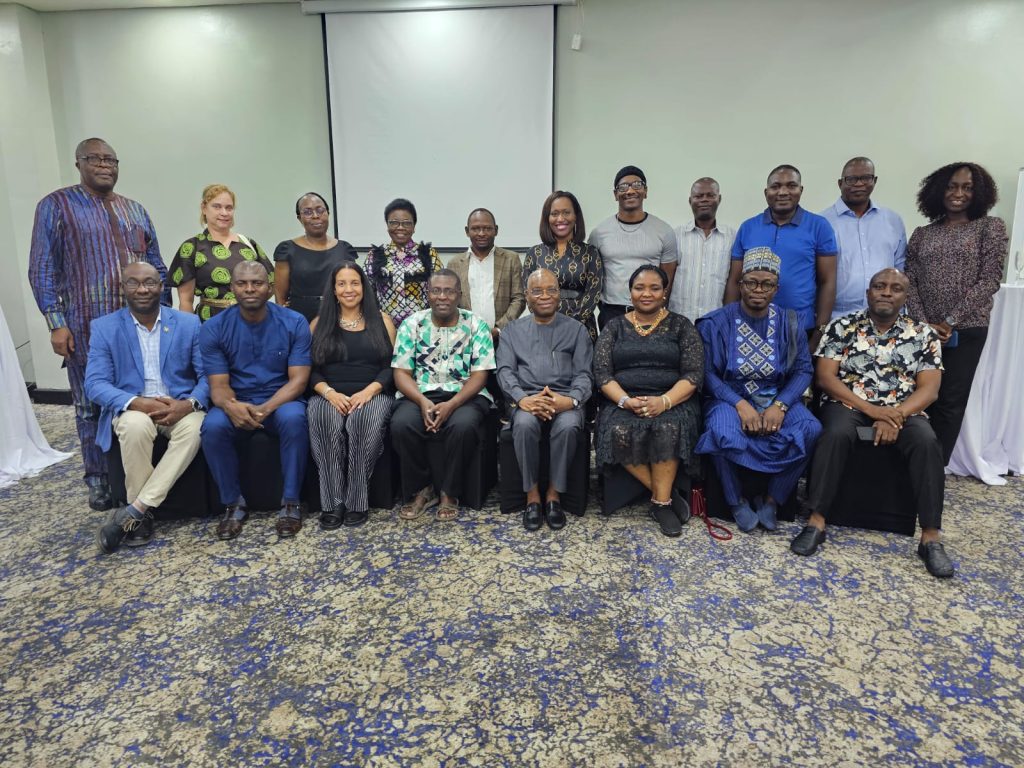
The CHESS project’s goal is to improve access to cervical cancer control for Women Living with HIV (WLHIV) in Nigeria by using a Mentor Mother (MoMent) approach to promote home-based HPV cervical cancer screening (HCC) and follow-up treatment. In view of this, the project team convened meetings of high-level stakeholders and community gatekeepers in the HIV and cancer control program space in Nigeria on June 19th -20th, 2023 to discuss and glean insights from policymakers, site implementers, and community champions on how best to adapt the MoMent program to the CHESS strategy. Using the stakeholder deliberation (SD) conference methodology, they also discussed what elements and contexts to consider for smooth project implementation.
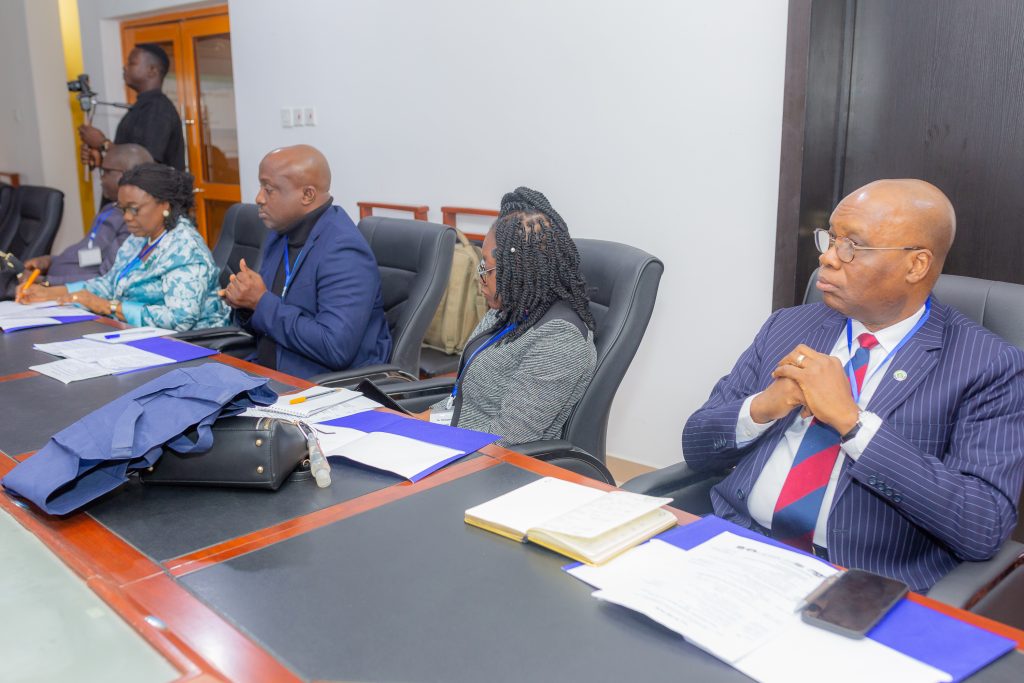
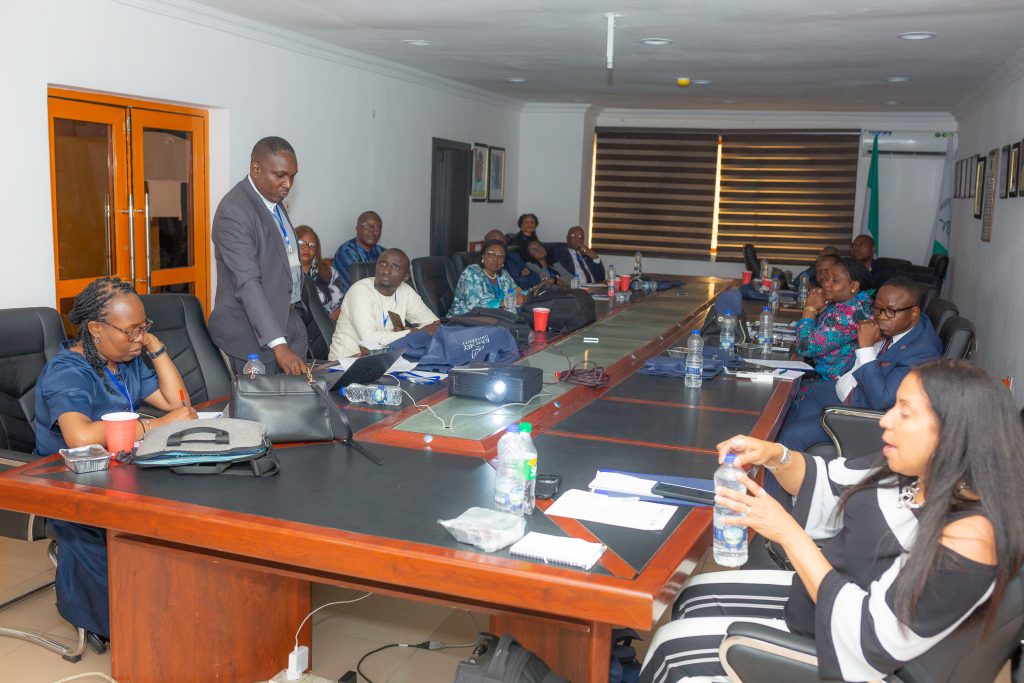
Some of the participants for the expert stakeholders meeting included policymakers from the Nigeria National Cancer Control Program, the National AIDS and STI Control Program (NASCP), the National AIDS Control Agency (NACA), and their counterparts from the project-implementing states of Oyo, Lagos, and Plateau states. Other participants were PMTCT program staff from PEPFAR funding agencies in Nigeria: the US Center for Disease Control and United States Agency for International Development (USAID), the President of the Society of Gynecology and Obstetrics, the representative of the Medical Women Association of Nigeria, Heads of collaborating institutions (Nigeria Institute of Medical Research, University College Hospital Ibadan, and APIN Public Health Initiatives, Nigeria), and CHESS project team members.
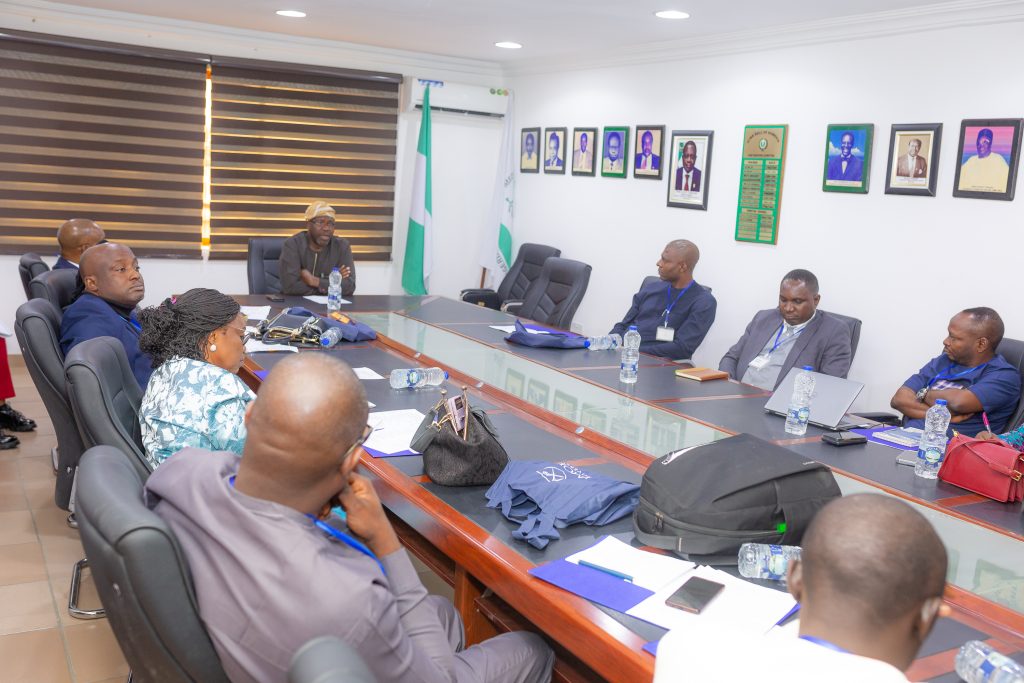
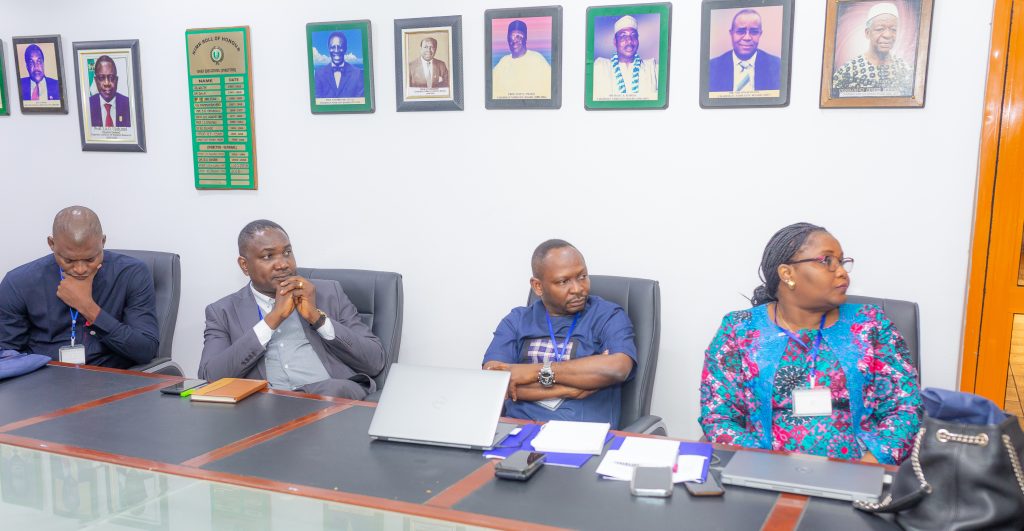
The expert stakeholders meeting had a series of presentations on the HIV and cancer control programs in Nigeria, an overview of the CHESS project, approaches to translating research into practice, and the community stakeholder deliberation process.
On the other hand, the two-day community deliberation meeting had the attendance of different cadres of health workers from selected project facilities, representatives of women living with HIV, Mentor Mothers representatives, representatives from the National Sample Referral Network, and representatives of journalists against HIV. The meeting had a series of break-out and plenary sessions where participants were guided by engaged qualitative experts and session facilitators to arrive at a consensus on the best approaches for implementation of various project components such as cervical self-sample collection, sample transportation, and result disclosure. The break-out sessions were preceded by video demonstrations of expert testimonies aimed at providing relevant information to guide stakeholders in decision-making and, subsequently, consensus-building. Discussion sessions were digitally recorded to facilitate post-conference transcription and thematic analysis of the output. Independent scribes were engaged to take note of key activities, discuss high points, and consolidate the outputs from the session recordings.
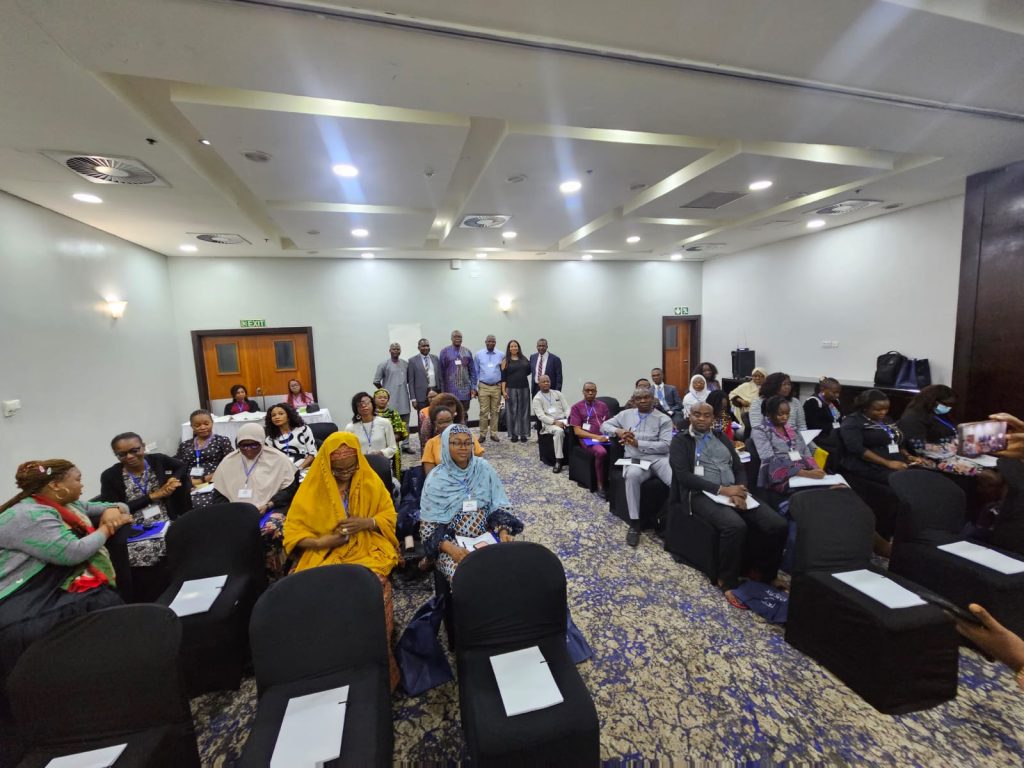
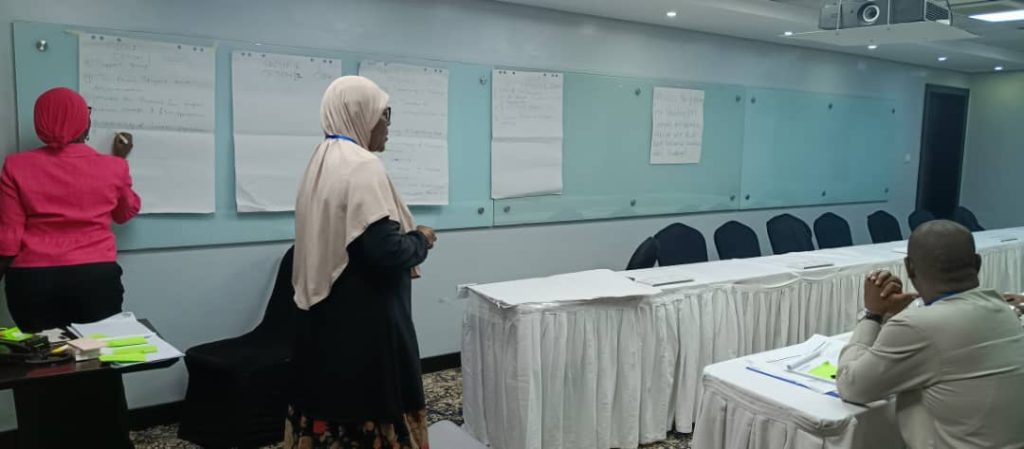
As the next step, the CHESS project will engage the services of social scientists for the analysis of the deliberation recordings to obtain preferred options for the various stages of project implementation and commence engagement of project clinical sites for project field implementation.
